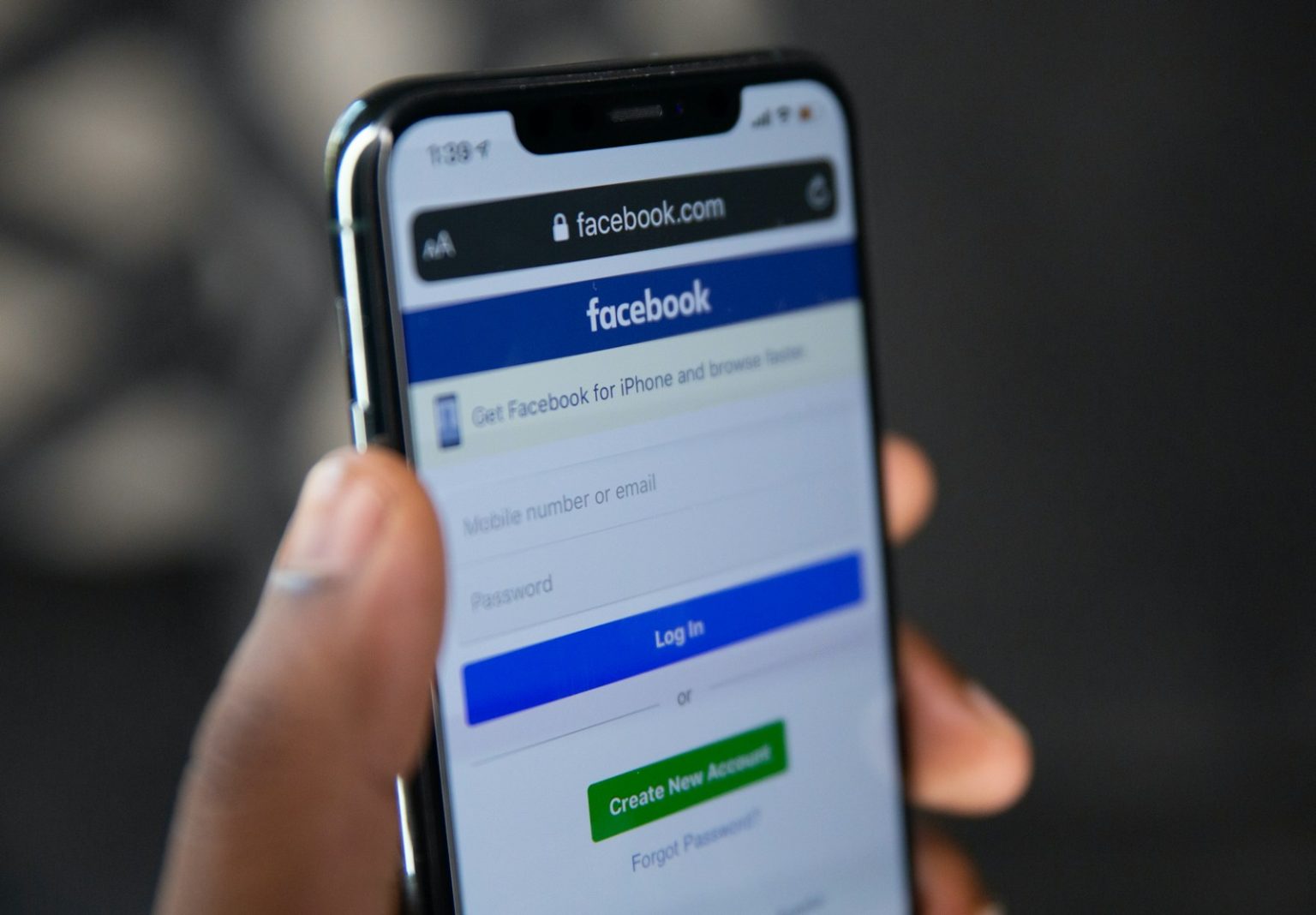Mark Zuckerberg, the CEO of Meta, recently called for businesses to have more “masculine energy” in an interview on Joe Rogan’s podcast. He said that the corporate world was becoming “culturally neutered” and that “having a culture that celebrates aggression a bit more has its own merits.”
Zuckerberg’s comments sparked accusations of promoting toxic masculinity, which is defined as male traits that foster domination, devaluation of women, homophobia, and violence. However, his perspective could also be seen as reflecting the broader cultural norms of a patriarchal society.
In a patriarchy, men’s power over women is embedded in the cultural and economic systems that men have built and from which women are often excluded. Even men who are not obviously powerful benefit from this unequal treatment, known as the patriarchal dividend. Patriarchal ideas are reflected in gender stereotypes, such as the view that women are more caring and nurturing while men are naturally violent and aggressive.
These norms harm both men and women by communicating to boys that they must be aggressive and cannot share their emotions. They also create a smokescreen around what men and women are “good at” in the workplace. By saying that companies need more “aggression” and “masculine energy,” Zuckerberg sends a message that women aren’t welcome.
Zuckerberg’s controversial podcast remarks
This brings up a compelling narrative to men who feel their position at the top might be under threat. One of the things men who benefit from patriarchy fear is losing power.
Much of the backlash to apparent gains women have made can be seen in political contexts and public sentiment. A survey of young people in the UK found that 45% of male respondents aged 13 to 27 said, “we have gone so far in promoting women’s equality that we are discriminating against men.”
However, it’s not about eradicating masculinity but recognizing that there can be multiple ways to express it. Patriarchy is a hegemonic system that holds white, rich, able-bodied men at the top.
Zuckerberg and his fellow tech giants like Elon Musk and Jeff Bezos exemplify this. Yet, these leaders should remember that a rigid view of masculinity and “masculine energy” is also harmful to men despite the ways they benefit from patriarchy. Hypermasculine energy can lead to burnout, bullying, and shutting down emotional expression.
Zuckerberg himself took paternity leave after the birth of his first daughter, so he must know that masculinity can be composed of things other than aggression—but perhaps he needs reminding.







